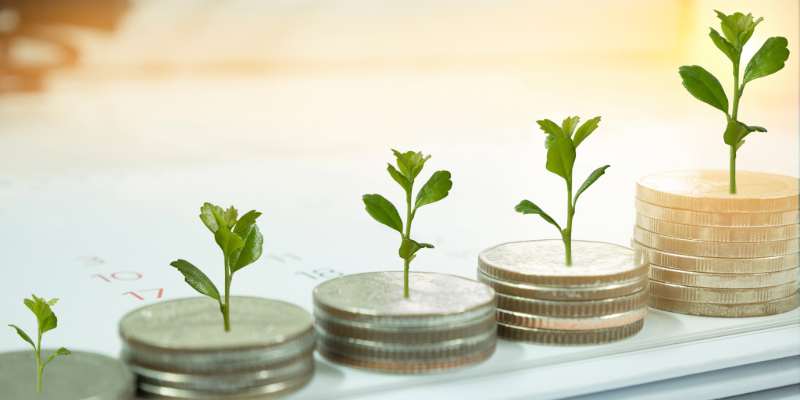
By Shelby Huffaker, MPH | San Diego ASA Co-Chair
For over two years, proponents of cannabis social equity have advocated for the creation of a City-wide program intended to help those harmed by the War on Drugs enter San Diego’s legal market. Currently, obtaining a cannabis business permit is a difficult and costly process, particularly for those who come from disadvantaged backgrounds. The estimated cost of obtaining a permit ranges from $1-2 million and is not guaranteed, given that applicants must compete for a limited number of permits. The result is that those with greater access to capital and technical expertise have a clear advantage in the cannabis landscape as it is.
This disparity is reflected in the City’s Cannabis Social Equity Assessment. The assessment’s findings were approved unanimously by the City Council in October of 2022. The assessment found that “racial and ethnic diversity within the cannabis industry remains an issue at State and local levels.” After passing the assessment, the City’s Development Services Department (DSD) worked swiftly to craft a set of proposed code amendments titled the Cannabis Social Equity and Economic Development (SEED) program. The SEED program would create 36 new cannabis licenses for social equity applicants meeting specific criteria, adding to the 36 licenses already in existence for any qualified applicant regardless of social equity status. In February of 2023, the City received over $800,000 from the state to implement the program. The only problem is that the proposed code amendments sat in limbo for almost a year without any action from local policymakers, despite much work from social equity activists.
That is, until several weeks ago. Members of the San Diego Diversity Cannabis Group and San Diego Americans for Safe Access intensified pressure on Mayor Todd Gloria for what appears to be his concessions to the cannabis industry. Evidence of this can be seen in the conspicuous absence of funds included in Gloria’s initial budget proposal (activists later pushed successfully for $1 million in the final budget but had to rely on City Council to do it) and in the abrupt transition of the SEED program from the DSD to the Office of Race and Equity. Since this transfer several months ago, no work has been done to advance the program and the City has missed the deadline to apply for the phase 2 GoBiz social equity grant. Meanwhile, established cannabis retailers — who continue to have 36 fewer businesses to compete with — benefit from the City’s inaction. With everything else geared up and ready to go, it is difficult to miss the connection.
In light of various public communications highlighting this link, Gloria announced that he would be going forward with the program — but with only half of the number of permits originally proposed by his own staff (18 instead of 36). As Armand King, member of the San Diego Diversity Cannabis group stated in an interview with KPBS, “Thirty-six would have been equal. You offer us 18, that means we’re less than equal. That just reminds me of, ‘we’re three-fifths of a human being.’ We’re still less than equal to you, Mayor?”
Of the six largest cities in California, San Diego is the only one that does not have a social equity program. In addition, The City of San Diego has only 1 outlet per 111,000 residents; this is well below the recommended amount of 1 outlet for every 15,000 residents, which, according to a bill filed by State Assemblymember Phil Ting in 2019, is the proportion needed to drive consumers and growers to the legal cannabis market. As of 2022, only 20% of cannabis sales in San Diego were conducted through the legal market, underscoring the urgent need for increased access to regulated establishments for both public health and social equity. The best way to do this is through the SEED program.
While San Diego falls far behind other cities and counties, including the County of San Diego, which is currently making progress on its Socially Equitable Cannabis Program (in January, the County awarded a contract to the Cannabis Education Project to guide implementation of the Social Equity Entrepreneur Program for Commercial Cannabis Services), one bright side is that policymakers have the opportunity to create a truly equitable program by learning from the mistakes of others. This means employing a merit-based licensing system, as opposed to a lottery system, which introduces potential for corruption. The Mayor’s plan currently proposes the latter.
The next step forward will be presenting the SEED program to the Planning Commission on February 22. You can help ensure that the program remains truly equitable by making a public comment (either in-person, online, or via written comment) supporting the SEED program in its original form — not one that is watered down by special interests. Please see our Step-By-Step Guide to Making A Public Comment in Support of the Cannabis Social Equity Program for tips on how to email, speak virtually, or in-person.














